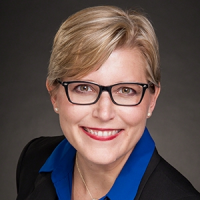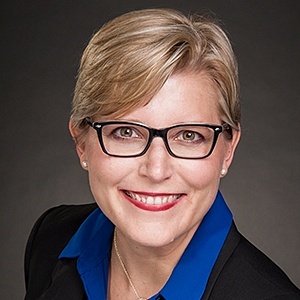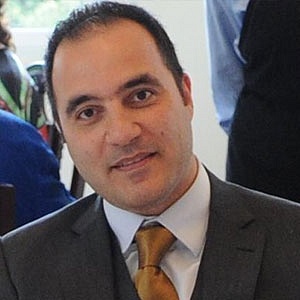Advantages of Working in the Nonprofit Sector
-
Written by Courtney Rottman - DBA Candidate - USA

- DBA Student Blog
The global impact of nonprofit organizations is immense and immeasurable. Without the work of nonprofit organizations providing health and social services, advocating for the rights of the voiceless and championing environmental causes, to name a few, our world would be a far worse place than it is today. In addition to the important social roles they play, nonprofit organizations are also powerful contributors to the economy. Within the United States, the nonprofit sector raised $390 billion in 20161, and the number of people employed by the sector comprised more than 10% of the total U.S. workforce2.
In addition to providing jobs and wages to millions of people within the United States, nonprofit organizations also provide opportunities for professional development and growth, innovation, entrepreneurship and leadership. Of course, these are traits also shared by for-profit corporations and their employees. As such, at ISM, our classroom discussions, courses and research often mirror these same topics, and they cross for-profit and nonprofit sectors much more naturally than some would expect. As a nonprofit professional and ISM doctorate student, I am on the ground floor of innovative and engaging discussions aimed at solving some of the most contemporary, complex and challenging problems facing organizations today. Due to the diverse nature of the ISM student body, a variety of perspectives and considerations are brought to the classroom. In a business field of study largely dominated by for-profit executives, nonprofit professionals can help strengthen the conversation and provide different perspectives and solutions to shared issues and concerns.
For example, some for-profit corporations are struggling to address the ramifications of high employee turnover due to workforce trends. On the other hand, some nonprofit organizations are facing resource constraints due to salary limitations of working within the sector. If our class is discussing this matter, I can bring a different lens of perspective from the nonprofit sector. In this scenario, one potential solution could be for nonprofit organizations to approach their for-profit partners with opportunities to have the corporation’s staff serve as volunteers at the nonprofit. Not only could this address resource constraints at the nonprofit, but it would also provide their employees with exposure, learning and development, and leadership opportunities. Not only would this allow for-profit partners’ staff to help the greater good and solve a nonprofit resource need, but it would also provide for-profit corporations with learning and development opportunities for their staff -- an area of continual pressure that corporations face. Without ISM’s diverse student population, this potential solution and idea may not be considered.
Even when issues or concerns are unique to just the for-profit sector, ISM has provided an open environment of learning and discussion which supports opportunities for individuals to gain broader understandings across a variety of sectors, social, political and geographic perspectives. The impact of these discussions and opportunities, like the work of the nonprofit sector, is immense and immeasurable.
- Giving USA 2017. June 12, 2017. https://givingusa.org/giving-usa-2017-total-charitable-donations-rise-to-new-high-of-390-05-billion/
- Nonprofit Quarterly. McKeever, Brice and Marcus Gaddy. “The Nonprofit Workforce by the Numbers.” https://nonprofitquarterly.org/2016/10/24/nonprofit-workforce-numbers/









